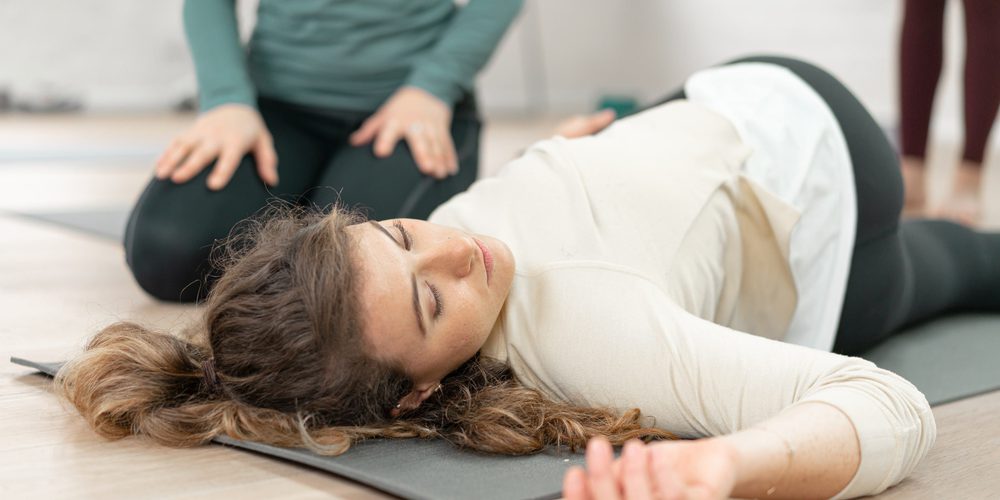Whilst the warmth and sunshine has given us an injection of renewed vitality; we are simultaneously holding in our awareness the complexities playing out in the wider social and global context. Over in our US sangha, you are saying that you feel more anxious about inflation, global uncertainty and the war in Ukraine than you have reported feeling about any other issue in recent years, according to a new survey released last Thursday from the American Psychological Association.
The impact of these stressors reverberate worldwide, but what better moment to reflect on the ways in which our yoga practice can sustain us and give us the strength to do the important work that happens off the mat - supporting our local and global community in these times of need.
This week's teacher focus takes a look at just that - how can the practice of yoga best support the individual and collective under the pressure of psychosocial stress?
We spoke with Charlotte Watts, teacher of Yoga for Immune & Respiratory Health, and Teaching Yoga for Stress, Burnout & Fatigue to find out more...
21st-century Western society plays havoc with our nervous systems, bombarding us with more noise, stimulation, information and expectations than we were ever designed for. Our bodies and psyches can experience this build-up of psycho-social stress, which can show up as overwhelm, anxiety and other symptoms we may deem as more physical (although all are intertwined) such as insomnia, IBS, skin issues and other stress-related issues.
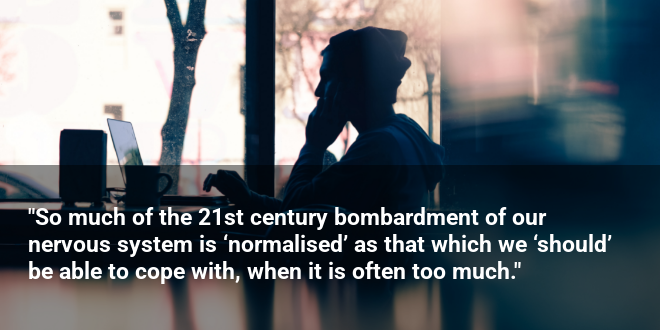
How does stress show up in the body?
Stress and habitual patterns often show up in the body-mind as inflammatory conditions. Like so many of our expressions of psycho-social stress, inflammation is part of survival responses – not something we would want to be without, but problematic when we get stuck there.
For many, coming down from stress responses rarely happens on levels that allow heightened inflammation (even chronic, low-grade) to be resolved. This is at the heart of many ‘diseases of Western Civilisation’ (along with nutritional factors) and where embodied, mindful, conscious yoga practices can be so therapeutic.
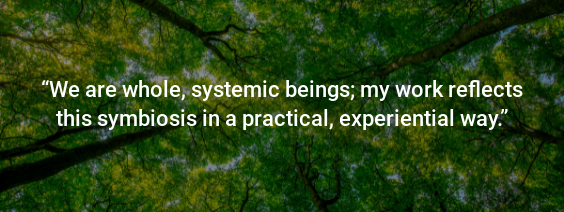
Which practices are best for soothing the nervous system?
If we use the right techniques and methods to come down from these heightened responses; we can create a day-to-day life where demands can seem less threatening, reactions less, well, reactionary and a sense of easy come, easy go, more possible. It is this adaptability and resilience that shows how well we are able to cope; and when we feel frazzled and low - to what degree we need to nurture the sense of safety and gather our best resources. Once we get a handle on this we can live a life that is more joyous, and less like wading through treacle!
Some of the practices we look at in Yoga for Stress, Burnout and Fatigue include; the importance of touch, exercises to pacify and soothe an agitated nervous system, releasing tension from the face and jaw, and Somatic and Natural Movement practices to create grounding and fluidity for stress relief.
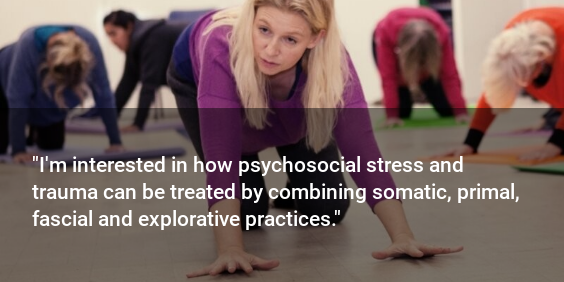
What are the foundational principles of Charlotte’s work on Stress, Burnout & Fatigue?
My courses are influenced by my work as a nutritional therapist; whilst drawing on the latest research in neuroscience, psychoneuro-immunology, fascial anatomy, the microbiome, the fluid body and body psychotherapy aspects via somatic practice. Contextualised within the framework of yoga philosophy, I aim to offer a practical route to help my students embody these ideas, and to relate from somatic awareness or 'Embodied Relationship'.
The concepts of grounding, orientation and agency are at the core of what I teach; as they meet the often overstimulated and overwhelmed nervous systems of the modern human. Navigating back towards truly experiencing each moment can have far-reaching systemic benefits, not just on an individual level, but out into broader social networks.
I truly believe that yoga offers an important catalyst for the deeper, more profound work off the mat that the world needs – at a time when it is so needed. Movement, breath attention and compassionate enquiry are foundations towards personal and collective thriving and growth.
Charlotte Watts is leading two upcoming courses with Yogacampus - See links below for the full course information:
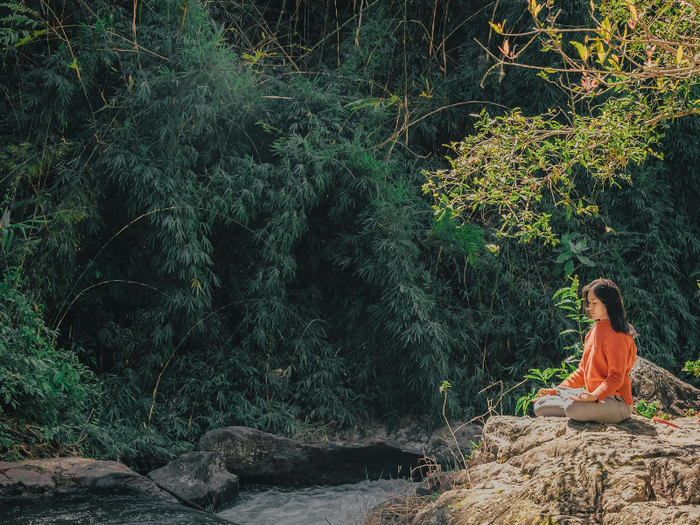
Meditation Teacher Certification
1st October 2025 • Online Live • Graham Burns Isabell Britsch
- Details and booking
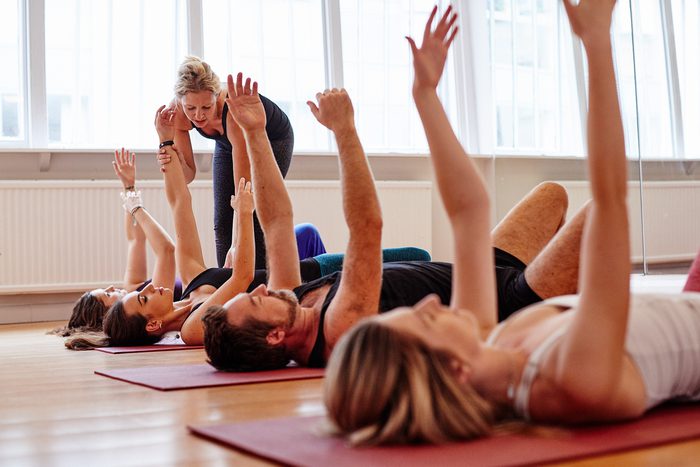
Yoga & Somatics for Healing & Recovery Online Training
25th September 2025 • Online Live • Charlotte Watts
- Details and booking
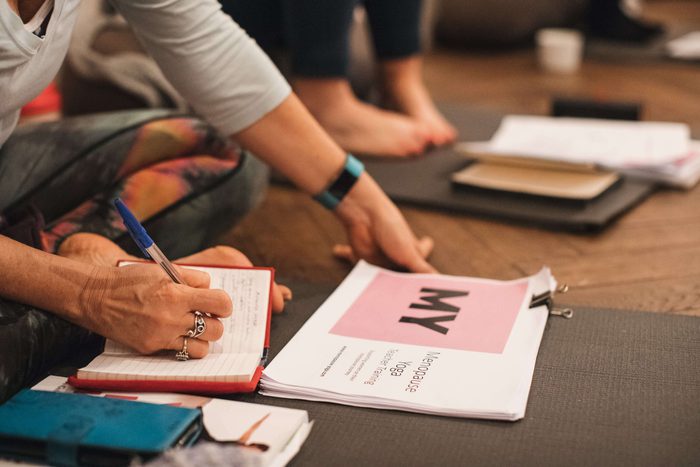
Menopause Yoga Teacher Training (suitable timings for North America)
2nd June 2025 • Online Live • Petra Coveney
- Details and booking

Birthlight Postnatal Yoga Teacher Training
17th October 2025 • Online Live • Kirsteen Ruffell
- Details and booking
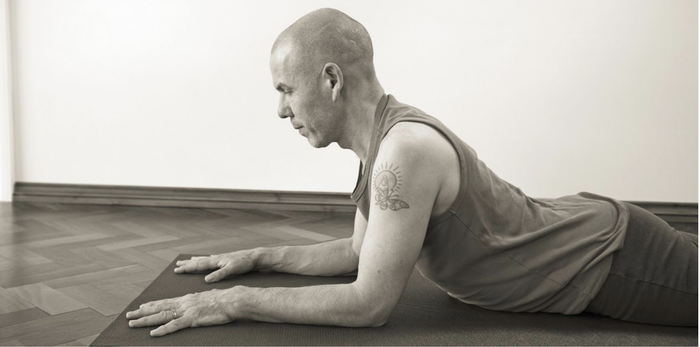
Yin Yoga Teacher Training: Minds, Meridians, Moments (In Person)
24th November 2025 • West London Buddhist Centre • Face to face • Norman Blair
- Details and booking

Teen Yoga Teacher Training (Online)
16th September 2025 • Online Live • Charlotta Martinus
- Details and booking

Teen Yoga Teacher Training (In Person)
7th April 2025 • Old Diorama Arts Centre • Face to face • Charlotta Martinus
- Details and booking
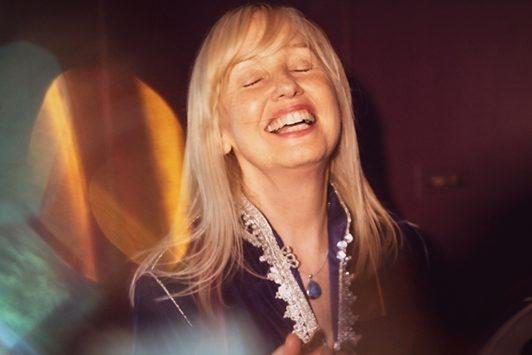
The Art of Sacred Sound Training
12th April 2025 • Online Live • Anne Malone
- Details and booking
